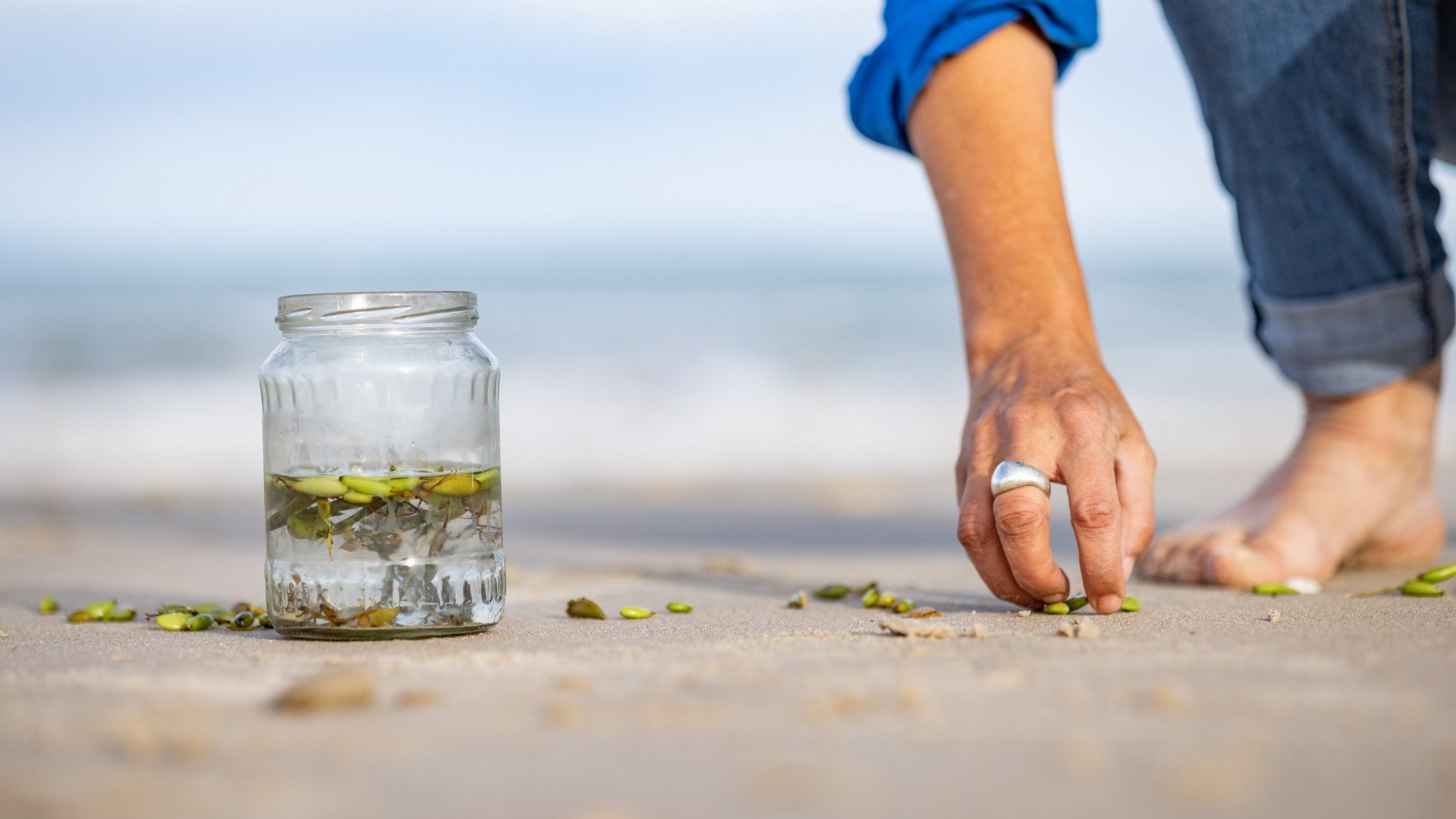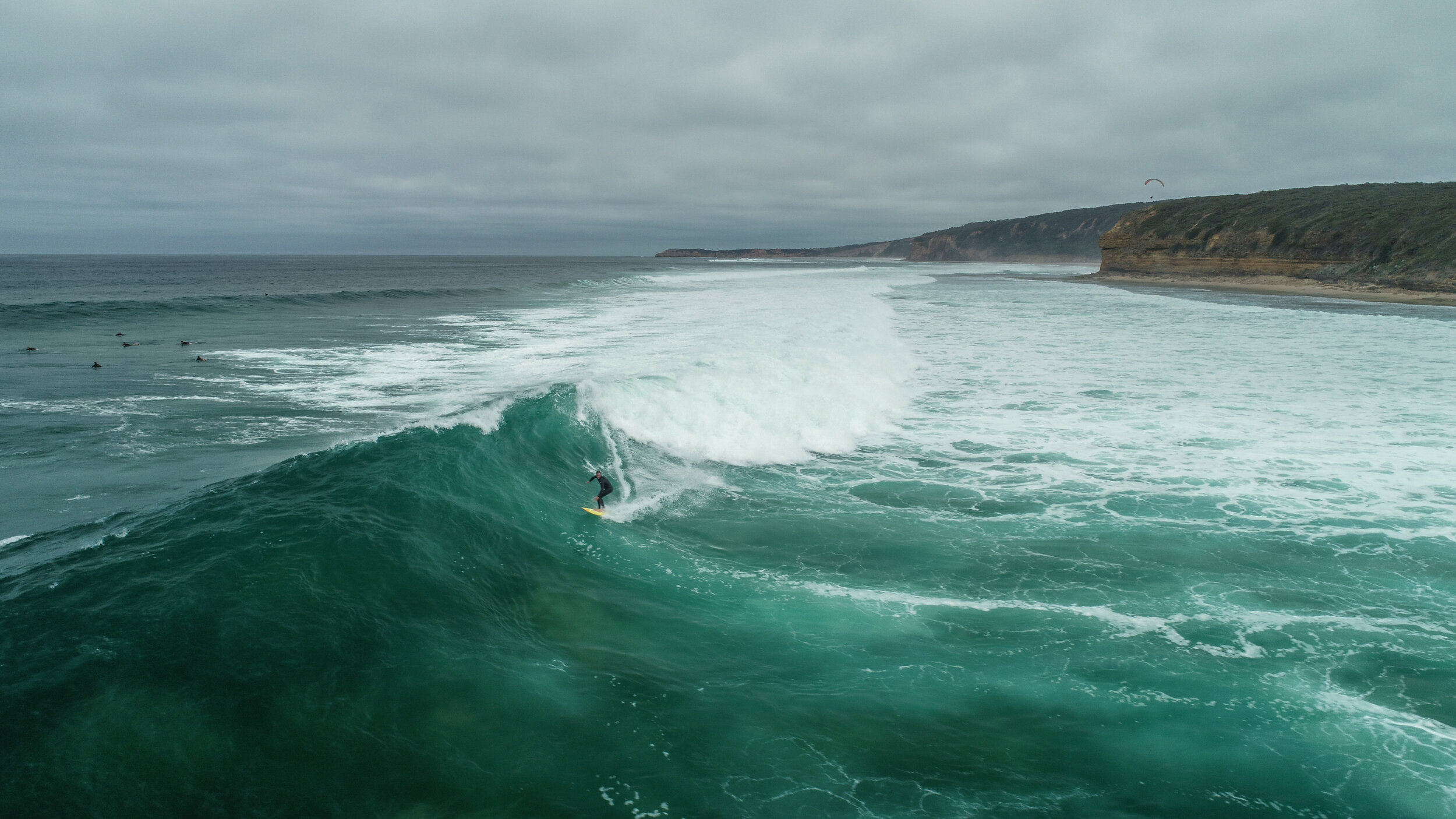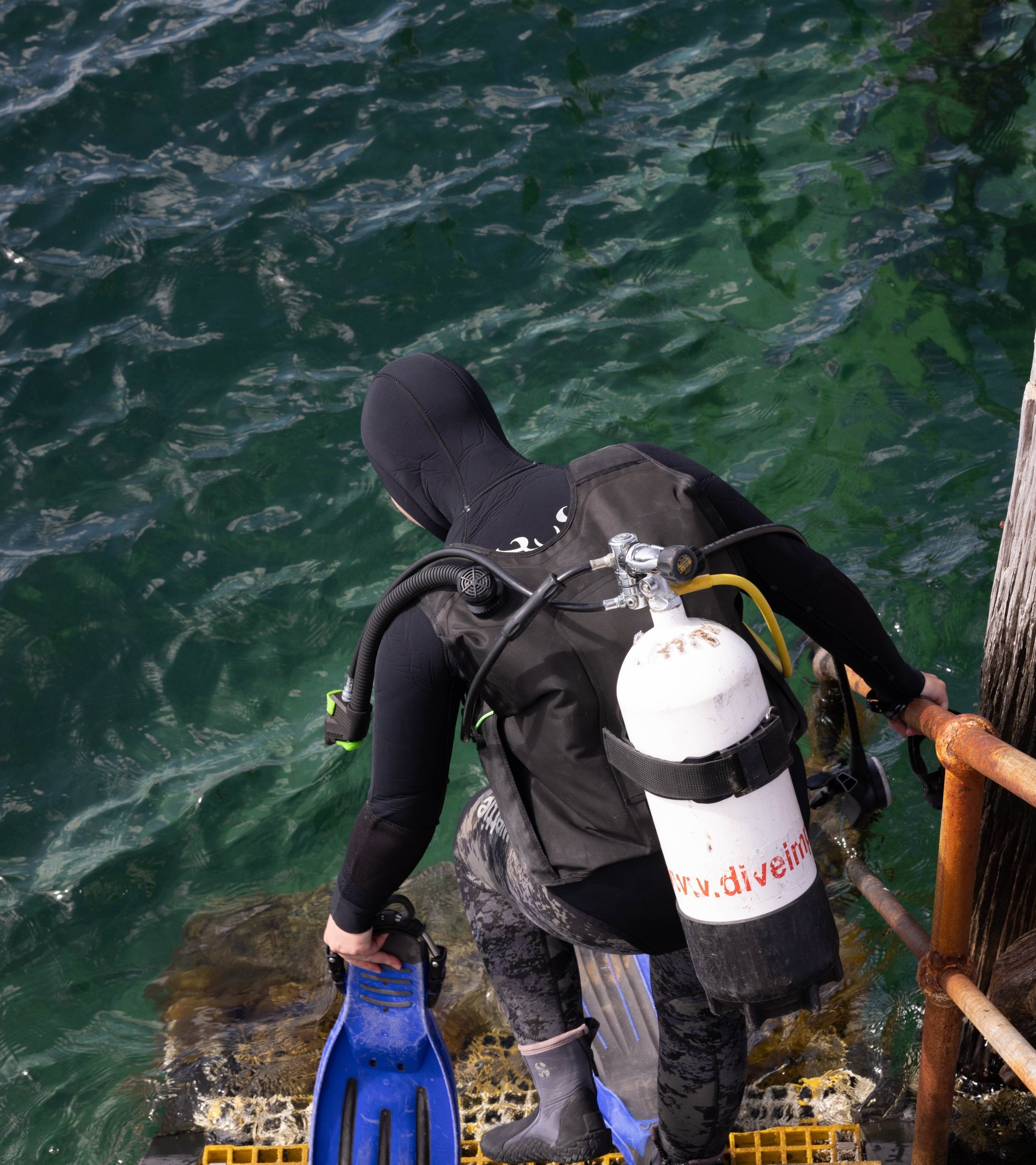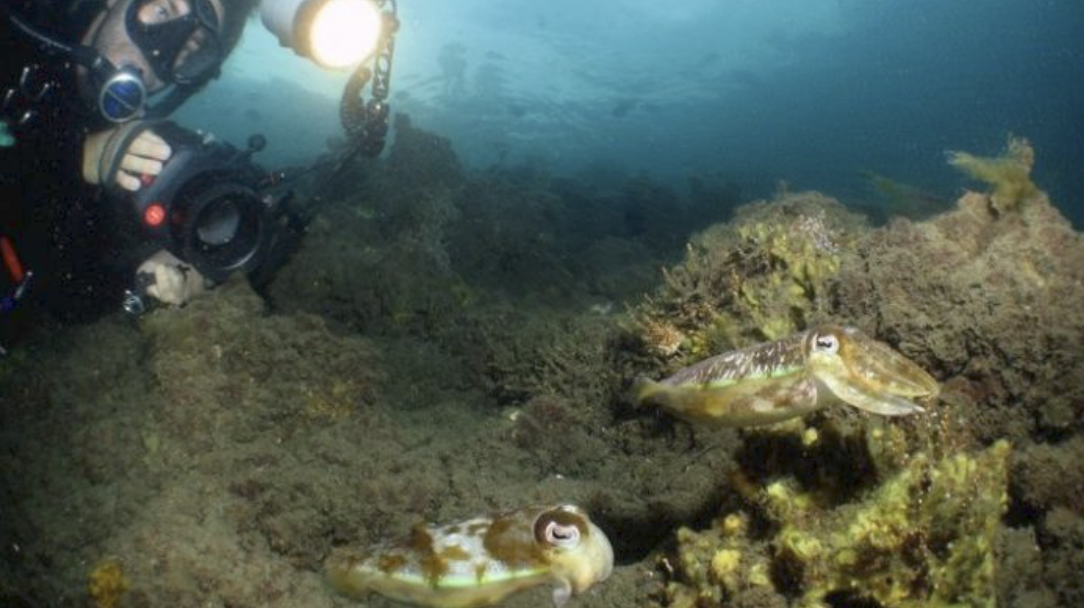
Citizen Science
At the Great Southern Reef Foundation, we firmly believe in the power of community involvement in monitoring changes on the GSR and collecting valuable data to help contribute to rigorous scientific research. Citizen science programs offer a unique opportunity for individuals to contribute directly to the understanding and conservation of the Great Southern Reef. These programs harness the collective effort of volunteers to help provide insights that are crucial for the effective management and protection of our marine ecosystems.
The Great Southern Reef Foundation endorses a variety of active citizen science programs, each with its unique focus and method of contribution.
Redmap
The Range Extension Database and Mapping Project, commonly known as REDMAP is an innovative program that invites the community to contribute to understanding how marine species are responding to changing ocean conditions, including warming waters. By reporting sightings of marine species that are unusual for a particular area, participants help scientists track shifts in species distributions.
REDMAP leverages the power of community observations to gather crucial data and helps to raise awareness about the impacts of climate change on our marine ecosystems. Your participation in REDMAP could provide valuable insights that aid in the conservation and management of the Great Southern Reef.
Enchanting Weedy and Leafy seadragons are iconic marine creatures, unique to the Great Southern Reef. Participants in SeadragonSearch are tasked with photographing and reporting sightings of dragons, aiding in the collection of vital data about their distribution and behaviour. This information is crucial for understanding the health and sustainability of seadragon populations, which are indicators of the overall health of our reef ecosystems.
The SeadragonSearch not only provides essential data for conservation efforts but also offers participants a chance to engage directly with these fascinating species. By joining this program, you become part of a community dedicated to the protection and study of one of the most captivating and important inhabitants of the Great Southern Reef.
Spider crabs are arguably one of the most iconic and mysterious species of the Great Southern Reef. So little is known about the species that researchers are turning to citizen scientists for help.
Divers and non-divers can contribute by participating in Spider Crab Watch!
GSR Seaslug Census
The Great Southern Reef Sea Slug Census is a citizen science initiative originating in Nelson Bay, NSW, in December 2013. This program has since become a vital tool in understanding and protecting our marine ecosystems. Sea slugs, particularly the vibrant nudibranchs, are not just a fascination for divers and underwater photographers; they are crucial indicators of the health of our oceans. Their sensitivity to environmental changes makes them excellent barometers for monitoring the impacts of human activities and climate change.
Already, the census has revealed intriguing patterns, such as the southward migration of certain species in response to warming ocean temperatures. The inaugural GSR Sea Slug Census is scheduled from the 24th of November to the 3rd of December 2023 and offers a unique opportunity for marine enthusiasts to contribute to a GSR wide understanding of sea slug distribution and changes.
Kelp Tracker 2.0
Despite the losses of giant kelp forests in Tasmania and elsewhere, scattered individuals and patches of giant kelp forest still remain, but there are few records of the locations of these remaining giants. This lack of data makes it difficult to sample the remaining forests, and also makes it challenging to track their decline or growth over time.
Kelp Tracker 2.0 invites ocean users to share their recent and historical sightings of the endangered and disappearing giant kelp across Tasmania, Victoria, and South Australia. Sightings will then be checked by kelp scientists and will help to create a map and time series of how our giant kelp forests have changed over the past several decades. This crucial information will ultimately help inform conservation and restoration efforts.
Great Egg Case Hunt
By reporting found egg cases, commonly known as 'mermaid's purses', to the Great Eggcase Hunt, participants provide crucial data that aids scientists in studying the taxonomy and distribution of egg laying sharks and rays across the Great Southern Reef. This program, which has been successfully running in the UK for 20 years has recently launched in Australia in partnership with CSIRO, marking a significant step in shark and ray conservation on the Great Southern Reef.
Healthy shark and ray populations are an indicator of a thriving food chain and a diverse ecosystem. Participating in The Great Egg Case Hunt not only enhances our understanding of where these species lay their eggs but also informs conservation strategies to protect important habitats. When you find and log these intriguing cases, you're directly contributing to the mapping of nursery areas and aiding in the conservation of these species.
Seeds for Snapper
Seagrasses play a valuable role for many species of the Great Southern Reef. Beyond providing shelter and breeding grounds for fish, seagrasses also help to stabilise soil and sediment on the ocean floor. This is essential for protecting the Reef’s shorelines against erosion and storms. However, seagrasses, particularly in sandy environments, face challenges in spreading naturally. This is where the innovative 'Seeds for Snapper' program, active in Western Australia and South Australia, is making groundbreaking progress in seagrass rehabilitation.
Annually, from late November to early January, the Posidonia seagrass enters a fruiting phase, releasing bodies that float to the sea surface. Despite the production of thousands of these fruits each season, a significant number are lost to the shores, driven by winds and currents. This is where our volunteers play a crucial role. Volunteers are needed to assist in the collection of these seagrass fruits.
Reef LIfe Survey
Reef Life Survey is a globally recognised citizen science program which empowers experienced divers to contribute directly to the monitoring and understanding of marine biodiversity of the Great Southern Reef. Participants are trained to conduct detailed surveys of reef life, cataloguing species and recording their abundance. This data is crucial for assessing the health of reef ecosystems and identifying changes over time.
The strength of Reef Life Survey lies in its rigorous methodology and the high level of engagement from the diving community. By combining scientific precision with the enthusiasm and local knowledge of citizen scientists, the program has amassed an extensive database on marine life. This information is invaluable for researchers and conservationists in understanding the complex dynamics of reef ecosystems and in formulating effective management strategies.
In Bygone Dives
Your underwater photos, once simply personal memories, can now serve as crucial data points for understanding the historical and ongoing evolution of our reefs. Getting involved is simple and impactful. The 'In Bygone Dives' initiative utilises the background scenes in divers' photographs to track changes in marine life and reef health over time.
Contributions help researchers create a more detailed and comprehensive picture of underwater biodiversity and ecosystem changes. By sharing your diving photographs with the project, you become part of a community-driven effort to monitor changes on the Great Southern Reef.
Clean Ups
Citizen science initiatives are a key tool in the fight against marine debris. You can contribute valuable data that helps track debris and understand its sources and movements. This data is crucial for informing policy and creating effective waste management.
The Australian Marine Debris Initiative (AMDI) by Tangaroa Blue is leading the way in the removal and prevention of marine debris across Australia. One easy and effective way to contribute is by utilising the Australian AMDI Data Collection App.












